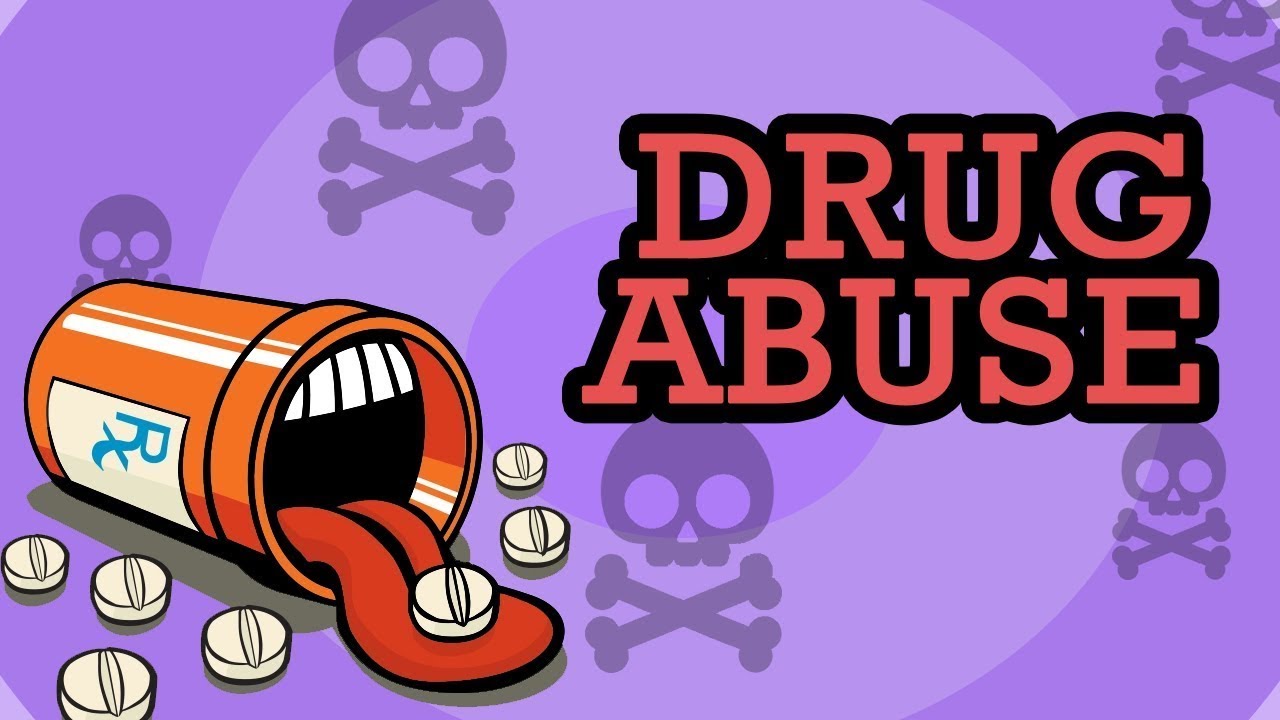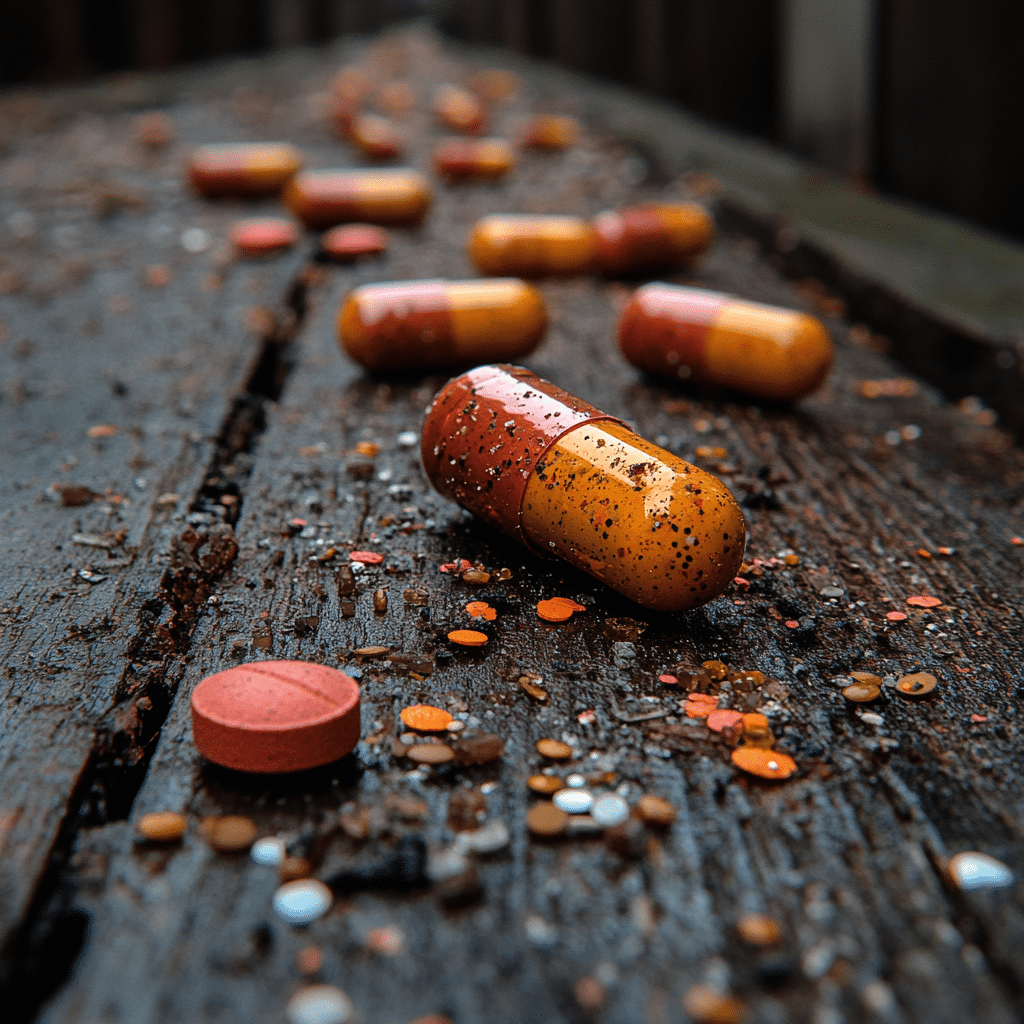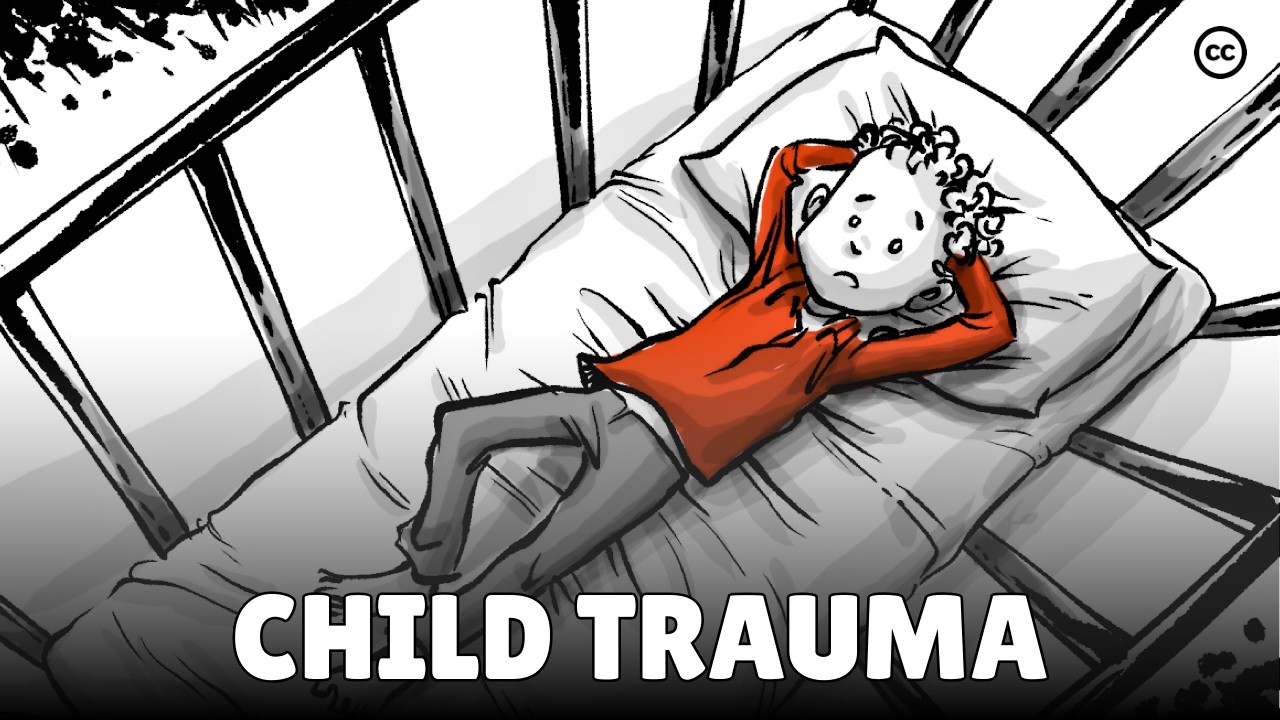
Understanding Addiction-related Negligence and Its Ripple Effects on Family Dynamics
Addiction-related negligence is a significant and complicated problem that reaches far beyond the individual battling addiction. It wraps its tendrils around their families, impacting everyone within their orbit. When addiction leads to neglectful behavior, it creates waves of emotional distress and financial instability. The National Institute on Drug Abuse highlights that families of those facing addiction experience overwhelming anxiety, depression, and trauma at rates much higher than the general population. This heartbreaking reality sheds light on the severe toll addiction takes on families, generating a cycle of pain that can last for generations.
Addiction doesn’t only impact the addicted but seeps into family dynamics, creating a dysfunctional environment rife with chaos. Compulsive behaviors often lead to anger and misunderstandings, causing family members to question their worth and feel a sense of betrayal. Picture a child watching a parent slip further into addiction while the bills pile high. This burden, heavy as a Canada coat, forces the family to become an unwilling participant in the struggles of addiction, creating an unfortunate web of mental health concerns that can dominate their lives.
Moreover, navigating the emotions surrounding a loved one’s addiction can feel like a sinkhole of despair. The shame and guilt often circulate like a tornado, tearing families apart. It’s essential to realize that these feelings are valid and common. By sharing experiences and acknowledging that addiction-related negligence leads to overwhelming consequences, we can start to weave a path of compassion and understanding for one another.

Top 7 Real-Life Consequences of Addiction-related Negligence on Families
1. Emotional Turmoil and Instability
Families dealing with addiction-related negligence often find their lives tossed into a storm of emotional distress. The Skaggs family faced major grief after the tragic loss of former MLB pitcher Tyler Skaggs due to a prescription drug overdose. His parents described their emotional struggle, grappling with overwhelming feelings of loss and betrayal toward a healthcare system that never seemed to prioritize patient safety. Their raw emotions are shared by countless families battling the effects of addiction.
2. Financial Hardship and Debt
The cost associated with addiction can lead a family down the road to financial despair. Take the McClure family’s experience as an example; one member’s opioid addiction drained their savings, ultimately pushing them into bankruptcy and forcing them to sell their home. Financial stress often accompanies treatment costs and lost wages from missed work, leading families to face not just emotional turmoil but a burden that can feel too heavy to bear.
3. Breakdown of Family Relationships
Addiction-related negligence can tarnish family bonds over time. The Houston family is a poignant example, as Whitney Houston’s well-known battle with addiction broke down communication and connections between her loved ones. The family’s various opinions on how to handle the dire situation led to estrangement and long-lasting rifts that were felt by all.
4. Increased Risk of Mental Health Issues
The connection between addiction and mental health among family members has gained much attention. A study by Stanford University found that siblings of individuals battling addiction are more likely to experience anxiety and depression, struggling under the weight of their loved one’s struggles and feeling emotionally neglected. This alarming reality emphasizes the importance of addressing mental health issues not only for the person struggling with addiction but also for their family members.
5. Child Welfare Concerns and Foster Care
Children often bear the heaviest burden of addiction-related negligence. The heartbreaking story of the Johnson family saw parents lose custody of their child due to their addiction issues, leading to painful separations and eventual adoption. These kids often grow up with feelings of abandonment and unworthiness, which can linger long into adulthood, impacting their future relationships and mental health.
6. Social Stigmatization and Isolation
Families of individuals caught in the grips of addiction experience society’s stigma, often leading to isolation. After their son was arrested for drug possession, the Robinson family felt the sting of judgment from their community, causing them to retreat within their walls. This social isolation can intensify the emotional burden, depriving family members of the support they desperately need.
7. Legacy of Addiction and Multigenerational Trauma
Unfortunately, addiction can create a cycle of trauma that spans generations. In the Johnson family, their grandfather’s struggles with alcoholism laid the groundwork for subsequent generations to wrestle with substance abuse. Breaking this pattern requires significant intervention through community support and roadmaps toward healing, but many families find themselves lost in this endless cycle of addiction-related negligence.

Expanding Perspectives on Healing and Support for Families
It’s critical to address addiction-related negligence transparently to inspire dialogue and discover effective solutions. Families play a significant role in supporting one another, and approaches that combine therapy, support groups, and educational programs can help bridge the heartbreaking gaps created by addiction. Organizations like Al-Anon and Family Support Groups serve as vital resources, helping families navigate the murky waters of addiction while seeking to mend broken relationships.
Public policy also plays an essential role in assisting families. Legislative measures focused on improving access to addiction treatment can alleviate some burdens families face. Initiatives that prioritize rehabilitation over incarceration offer a clearer path to recovery, allowing families to focus on healing rather than legal battles. These shifts not only benefit individuals directly affected but also uplift the entire family unit.
Creating community awareness is paramount in lessening stigma and ensuring families receive the understanding and support they need. Addiction is a public health issue, not a moral failure. By fostering an environment where families can discuss their struggles openly, we can collectively acknowledge the profound impact of addiction-related negligence and work toward a compassionate community solution.
Ultimately, addressing the impact of addiction-related negligence on families requires open conversation and understanding. By elevating discussions around this pressing issue, we can cultivate spaces that honor familial struggles while paving the way for recovery and healing. Our journey at Mothers Against addiction helps families overcome their challenges, paving pathways toward hope, resilience, and understanding in the face of addiction-related negligence.
By standing together as a community, we can help families navigate these stormy waters, prioritizing healing and understanding in the wake of addiction’s destruction. We invite families struggling to engage with us and other supportive resources like Estate planning For Addicts and access vital information on Drug testing laws designed to aid their journey. Together, we can rewrite the narrative around addiction, spotlighting hope instead of despair.

Addiction-related Negligence: The Hidden Costs on Families

The Ripple Effect of Addiction-related Negligence
Addiction-related negligence doesn’t just impact the person struggling but sends shockwaves through the entire family. For instance, studies show that families may face unforeseen costs, much like the fluctuating interest rates For Mortgages, which can strain finances unexpectedly. This financial pressure amplifies existing emotional hardships, leaving families feeling trapped in a cycle they can’t escape. Did you know that nearly 25 million Americans suffer from some form of substance use disorder? That number is staggering and reflects the need for community support and understanding.
Unseen Barriers and Opportunities
Families often find adversity stemming from addiction-related negligence can lead to hidden opportunities for growth and resilience. Much like deciding between purchasing two story Homes and single-story options, families re-evaluate their priorities, creating stronger bonds with each other. The journey may be tough, but it can foster deeper connections, much like a family meal prepared in a stainless steel air fryer that promotes healthier habits. This metaphorical kitchen setting gives families a chance to cook together, reinforcing the idea that collaboration can yield better results.
Learning from Tragedy
Every family has a unique story, but inspiration can come from unexpected sources. Consider the story of Charles William bush, who turned his personal hardships into advocacy, shedding light on the challenges of addiction-related negligence. This serves as a reminder that even in darkness, there’s potential for hope and change. While the consequences of addiction may feel relentless, families can rise and unite, working towards healing together. Understanding these dynamics allows families to confront addiction head-on, potentially leading them to brighter tomorrows.





























